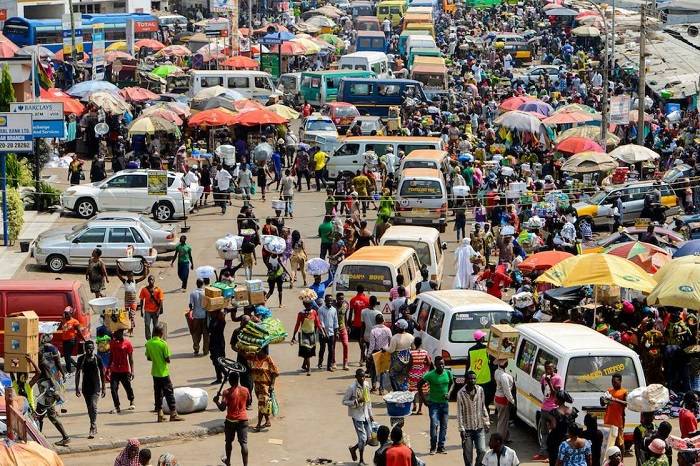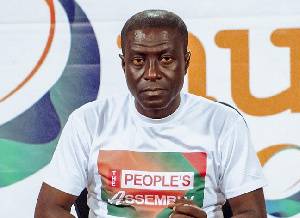A deadly clash between illegal miners and military personnel in Obuasi, Ghana, on January 18, 2025, has sparked widespread outrage and debate. The incident, which resulted in the loss of several lives, has raised questions about the role of Captain Smart, a popular TV personality, in inciting the violence.
According to eyewitnesses, a group of illegal miners invaded a concession area of the AngloGold Ashanti mine, leading to a confrontation with military personnel. The situation escalated, resulting in the deaths of at least eight people.
Captain Smart has come under fire for comments he made on his show, allegedly inciting the youth of Obuasi to attack the AngloGold Ashanti (AGA) mine. He reportedly stated that they should "take what belongs to them" and warned AGA to be careful or face being "taken out of the country."
While some have criticized Captain Smart's comments as irresponsible and inflammatory, others argue that they are protected under Ghana's freedom of speech laws. Article 21(a) of the 1992 Constitution guarantees freedom of speech and expression, including freedom of the press and other media.
To hold Captain Smart liable for the clash, it would need to be proven that his comments directly incited the violence and that he intended for harm to occur. However, Ghanaian law requires a higher standard of proof for incitement, making it unclear whether Captain Smart's comments meet this threshold.
Moreover, Captain Smart's comments were made in the context of a broader discussion about the environmental and social impact of the AngloGold Ashanti mine in Obuasi. His statements can be seen as a form of social commentary, rather than a direct call to violence.
The Ghana Armed Forces have stated that their troops shot the illegal miners in retaliation for an attack on them, suggesting that the situation was more complex than a simple case of incitement.
The implications of holding Captain Smart legally responsible for the Obuasi clash are far-reaching. It could set a precedent for criminalizing speech, stifling free expression and investigative journalism. This could lead to a culture of self-censorship, where journalists hesitate to speak truth to power or report on sensitive issues due to fear of repercussions.
The fight for youth rights, heavily reliant on media amplification, may also be impacted. Journalists might be less inclined to cover protests or speak out against injustices, further undermining the youth's voice.
Ultimately, finding a balance between accountability and press freedom is crucial. This balance ensures journalists can continue promoting transparency and holding those in power accountable.
In conclusion, while Captain Smart's comments were certainly inflammatory, it's unlikely that he can be held legally responsible for the clash between the youth of Obuasi and the military.
The incident highlights the need for a nuanced understanding of freedom of speech and the importance of protecting press freedom in Ghana.


